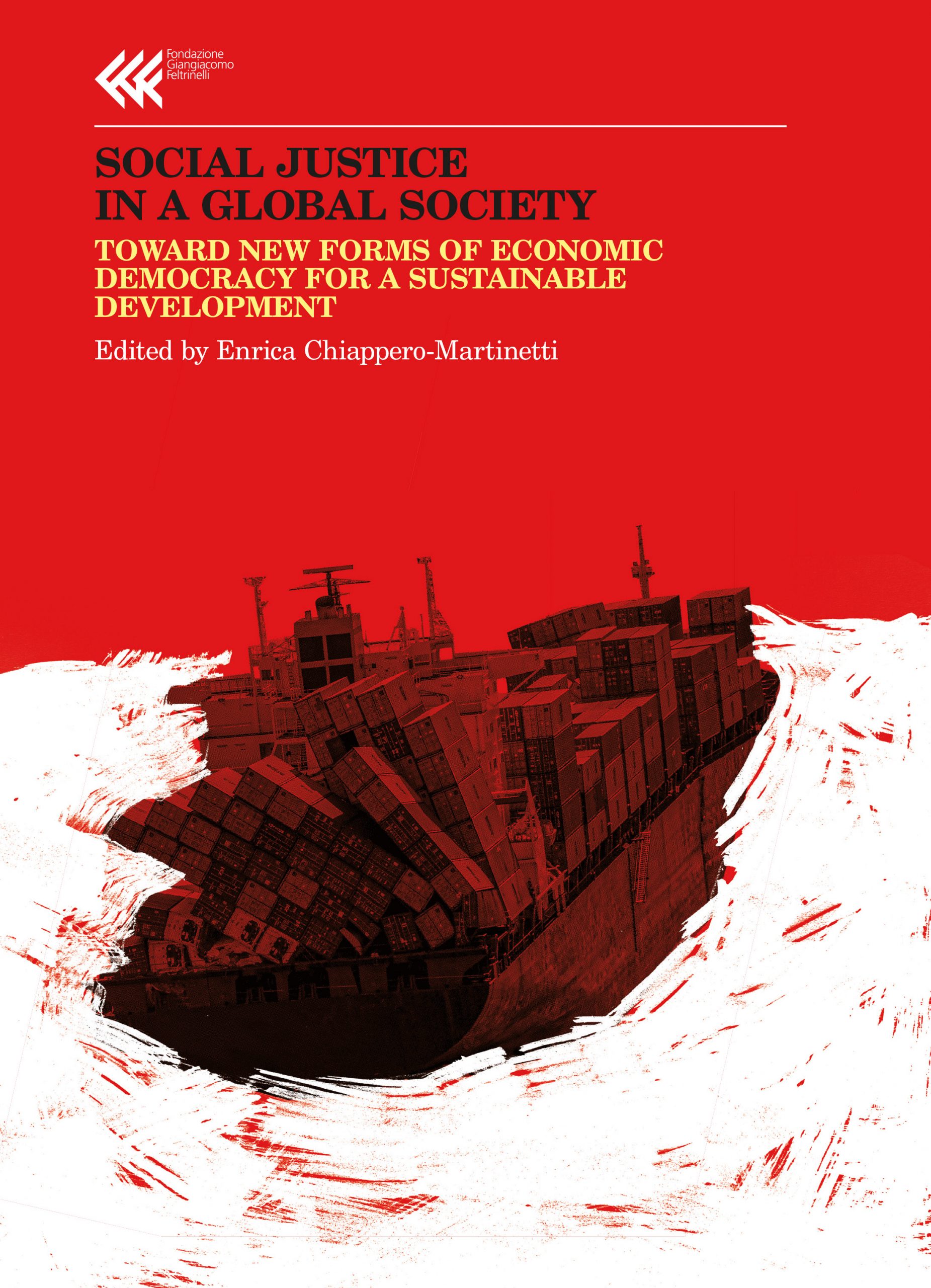#EconomicDemocracy #RethinkCapitalism #Inequalities
Is there any space for equity and social justice in a global society?
Over the last two decades, world economic and social systems have undergone throughout profound transformations that have generated a substantial rebalance of global geo-political and economic power, a digital and technological revolution, a rise of average well-being in the global world. At the same time, neo-liberalism globalization has also generated growing income inequalities within countries, an increasing concentration of wealth, unequal distribution of resources, opportunities and results. Further, a large proportion of people still suffer for extreme poverty and poor living conditions in many basic dimensions, including health, education and shelter, new forms of fragility and vulnerability emerge and the uncertainty about the future is growing, particularly for the youngest generation.
These transformations put into discussion some key aspects of our modern societies.
First, they point out the severe limits of the capitalist model with its progressive separation between real economy and financial markets, and a clear predominance of the second over the first, extensive negative externalities generated by unsustainable production and consumption models, deep transformation in the labour markets with a progressive deregulation, a rise of the gig economy with meagre wages and growing precariousness for workers. All these issues raise serious doubts about the social, economic and environmental sustainability of such development model. Second, they cast doubt on the appropriateness of the present welfare systems, progressively weakened and impoverished over the years, and on their capacity to prevent or mitigate the negative consequences produced by instable job conditions, aging process, risk of poverty and social exclusion in the life of individuals and households. Finally, they demonstrate the increasingly global dimension of these problems, whose effects inevitably exceed national boundaries, and the difficulties of national and supranational institutions to cope with the profound consequences produced by such transformations, in terms of personal insecurities and social tensions, with a resulting lack of trust of the citizens in the democratic institutions.
The emergence of these three challenges (e.g. rethink capitalism, reform welfare states, strengthen institutions) requires to (re)consider new economic principles and innovative economic practices and to adopt a new ethical approach to development on which to (re)build current and future societies from a global perspective. They also suggest us to seek for new forms of economic organization, to test novel social and economic innovation models and to promote democracy in the economy as a whole (for consumers, producers, workers, decision makers, citizens) in order to open up new spaces of opportunity and participation. This Annale aims to address (at least some of) these issues from a multidisciplinary perspective.
50 euro





